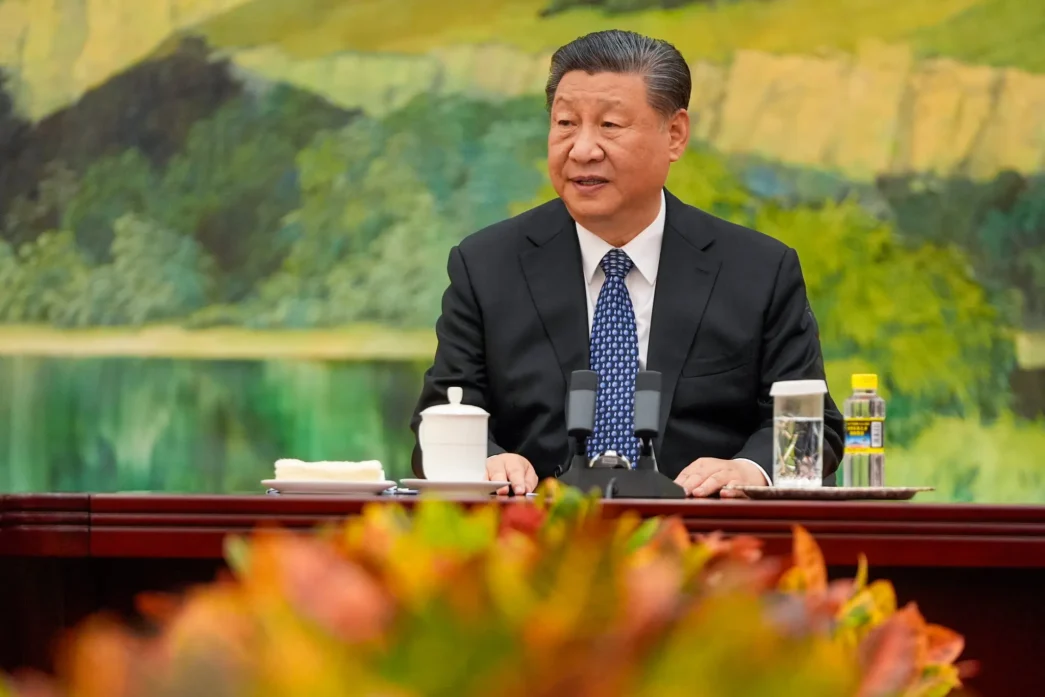Chinese President Xi Jinping’s recent visit to Europe marks a strategic move to reshape the global order and strengthen ties with nations seeking alternatives to American dominance. Selecting France, Serbia, and Hungary for his itinerary, Xi aimed to leverage differing degrees of receptiveness to China’s vision of a new world order.
Amid escalating tensions with Europe over various issues, including China’s close ties with Russia amidst the Ukraine conflict and concerns regarding espionage activities, Xi Jinping’s visit underscores China’s desire to expand its influence while pursuing pragmatic diplomacy.
In France, President Emmanuel Macron’s emphasis on European strategic autonomy aligns with Xi’s vision of a multipolar world, offering an opportunity for China to cultivate strategic partnerships and demonstrate its growing influence. Despite maintaining longstanding ties with the United States, Macron advocates for Europe’s independence and seeks to balance relations between major powers.
Xi Jinping’s arrival in Serbia coincides with the 25th anniversary of the NATO bombing of the Chinese Embassy in Belgrade, a symbolic moment highlighting China’s scrutiny of Western interventions and commitment to international law. By commemorating the incident, China aims to challenge Western hegemony and assert its own principles on the global stage.
In Hungary, Prime Minister Viktor Orban’s pro-China stance and support for Chinese investments reflect a broader trend of European nations seeking alternatives to traditional alliances. While Hungary’s alignment with China may strain relations with other EU members, it underscores the complex dynamics of European geopolitics.
Despite these diplomatic overtures, tensions between Europe and China persist, particularly regarding economic issues such as unfair trade practices and cybersecurity concerns. Europe’s delicate balancing act between economic opportunities in China and national security risks underscores the complexity of its relationship with Beijing.
As Xi Jinping seeks to strengthen China’s ties with Europe, he faces challenges in navigating divergent interests and addressing concerns about China’s growing influence. However, his visit signifies China’s commitment to reshaping the global order and forging new alliances in an increasingly multipolar world.
















